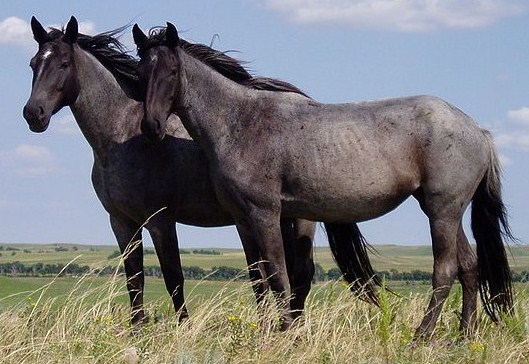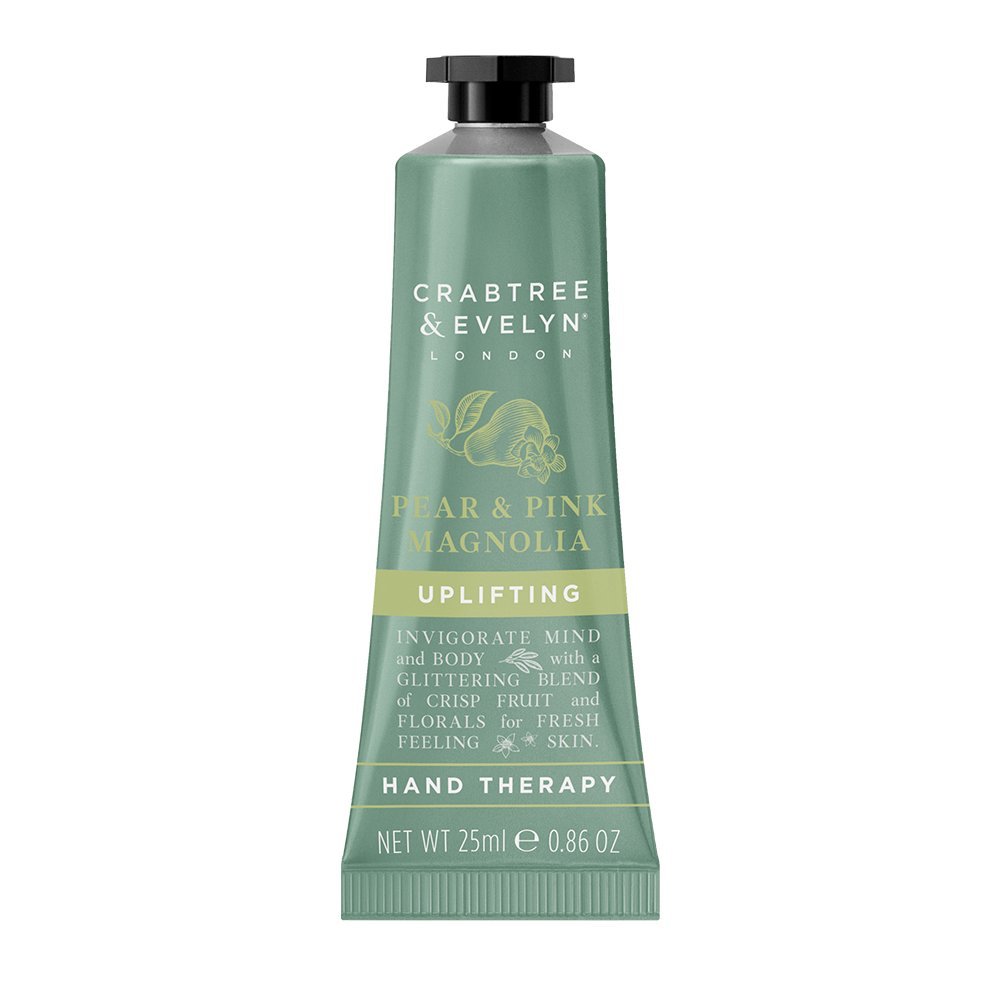When it comes to hair care, the type of brush you choose can significantly affect the health and appearance of your hair. Among the various options available, horse hair brushes and synthetic alternatives are two popular choices. This article delves into the characteristics, benefits, and drawbacks of both types, helping you make an informed decision on which brush is better for your hair.
The Anatomy of Hair Brushes

Before we compare horse hair brushes with synthetic alternatives, it’s essential to understand their anatomy and how they function. Brushes are typically composed of three main components:
- Bristles: The part of the brush that interacts with the hair. They can be made from various materials, including natural fibers and synthetics.
- Base: The part that holds the bristles, which can be made from wood, plastic, or metal.
- Handle: The part of the brush you hold, which can vary in design for ergonomics and ease of use.
Horse Hair Brushes: A Natural Choice
Horse hair brushes have been used for centuries, prized for their unique properties. Here are some key characteristics:
- Softness: Horse hair is exceptionally soft, making it gentle on the scalp and less likely to cause damage to hair strands.
- Natural Oils: The hair retains natural oils, which can help distribute these oils evenly along the hair shaft, promoting shine and smoothness.
- Static Reduction: Horse hair brushes tend to create less static compared to synthetic brushes, which can lead to frizz and flyaways.
Benefits of Horse Hair Brushes

There are several advantages to using horse hair brushes:
- Gentle on Hair: Their soft bristles are ideal for detangling, especially for fine or delicate hair types.
- Natural Material: Being a natural product, horse hair is biodegradable and often considered more environmentally friendly.
- Enhanced Shine: The ability to distribute natural oils can lead to healthier-looking hair.
Drawbacks of Horse Hair Brushes

However, horse hair brushes also have some downsides:
- Cost: Typically, horse hair brushes are more expensive than their synthetic counterparts.
- Maintenance: They require more care to keep clean and in good condition, as they can accumulate product build-up and dirt.
- Animal Cruelty Concerns: Some consumers may be ethically opposed to using animal products.
Synthetic Brushes: The Modern Alternative
Synthetic brushes are made from man-made materials, such as nylon or polyester. They have gained popularity in recent years due to their versatility and affordability.
Benefits of Synthetic Brushes

Some key benefits include:
- Affordability: Generally, synthetic brushes are less expensive than horse hair brushes, making them accessible to a broader audience.
- Durability: Synthetic materials are often more resilient and can withstand wear and tear better than natural fibers.
- Variety: Available in various sizes and shapes, synthetic brushes cater to a wide range of styling needs.
Drawbacks of Synthetic Brushes

However, synthetic brushes also come with their own set of disadvantages:
- Static Electricity: Synthetic bristles tend to generate more static, which can lead to frizz and tangles.
- Less Gentle: Some synthetic brushes can be harsher on the hair and scalp, particularly if they have stiff bristles.
- Less Oil Distribution: They do not distribute natural oils as effectively as horse hair brushes, which can leave hair looking dull.
Comparative Analysis: Performance and Suitability

To determine which brush is better for your hair, it’s essential to consider specific factors such as hair type, styling needs, and personal preferences. Here’s a comparative analysis:
Hair Type Considerations
Different hair types may respond differently to various brushes:
- Fine Hair: Horse hair brushes are generally better for fine hair due to their softness and gentleness.
- Thick or Curly Hair: Synthetic brushes with stiffer bristles may be more effective for detangling thick or curly hair.
- Damaged Hair: Individuals with damaged or brittle hair should opt for horse hair brushes to minimize breakage.
Styling Needs
Your styling needs also play a crucial role in this decision:
- Daily Use: For everyday brushing, horse hair brushes are ideal due to their gentleness.
- Heat Styling: If you frequently use heat styling tools, synthetic brushes can be more resilient to heat damage.
Case Studies and Statistics
Recent studies have highlighted the benefits of using the right brush. A survey conducted by the American Academy of Dermatology found that:
- 78% of respondents noticed less hair breakage when using a horse hair brush compared to synthetic options.
- 85% reported shinier hair when using brushes that distribute natural oils effectively.
Moreover, case studies reveal that professional hairstylists often prefer horse hair brushes for their clients with delicate or fine hair. This preference stems from the brushes’ ability to minimize damage while enhancing hair health.
Conclusion: Making the Right Choice for Your Hair
In the battle between horse hair brushes and synthetic alternatives, the winner largely depends on individual hair needs and preferences. Horse hair brushes stand out for their gentleness, oil distribution, and overall ability to promote healthy hair, making them an excellent choice for those with fine or damaged hair. On the other hand, synthetic brushes offer durability, affordability, and versatility, making them appealing for everyday use and diverse styling needs.
Ultimately, the best choice comes down to understanding your hair type, styling preferences, and ethical considerations. By weighing the benefits and drawbacks of both options, you can select a brush that not only meets your needs but also contributes to the long-term health of your hair.




:max_bytes(150000):strip_icc()/Pink-Ladies-121422-968d2c88643846d6a7c9f095531da656.jpg)